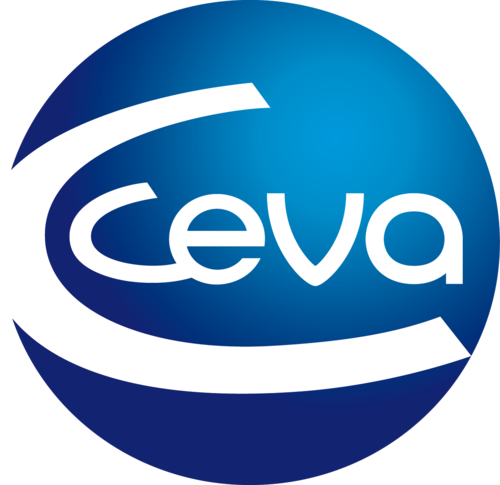The Business of Animal Welfare
Rethink Mink Campaign
Rethinking Mink: The Sutlers Who Enable Mink Farming Must Be Shamed (Part I)
The Moral Race to the Bottom by Zoetis Animal Health and Ceva Santé Animale
Jim Keen, DVM, PhD
According to the mink industry, about 95% of the approximately two-million-plus farmed mink in the U.S were vaccinated against SARS-CoV-2 with the Zoetis vaccine in summer through fall 2021. The Zoetis vaccine is still considered experimental, though the company is hoping to get it USDA-licensed for use in mink as the USDA has declined to approve any domestic cat or dog COVID-19 vaccines, deeming them epidemiologically unnecessary.

To its credit, Zoetis donated 26,000 doses (enough to vaccinate 13,000 animals) of its COVID-19 jab for animals to ~100 zoos and animal sanctuaries in 14 countries including the US and Canada. However, there were breakthrough infections (SARS-CoV-2 cases in vaccinated animals) in three immunized tigers at the San Diego Zoo in October 2021. In addition, three reportedly vaccinated snow leopards at the Lincoln Children’s Zoo in Nebraska died of COVID-19 in December 2021.
Note that both veterinary COVID vaccines target the SARS-CoV-2 spike protein, just like human vaccines, potentially compromising human vaccines via evolutionary pressure on the spike protein that could create vaccine escape mutants in mink that spill back to people. A Zoetis executive recently confirmed that their veterinary SARS-CoV-2 vaccine, like its human counterparts, would only reduce clinical disease in mink; it would not prevent infection and probably would not stop transmission either. This makes the occurrence of mink mutants in vaccinated animals more likely as the virus can replicate (and therefore mutate) in vaccinated mink. It also makes detection of infected mink/mink farms more difficult by making infected mink less likely to show COVID-19 disease symptoms, increasing the risk of zoonotic mink-to-human transmission events.
Unlike the US, most European nations have chosen to permanently or temporarily shut down their mink industry rather than trust an unproven experimental mink SARS-CoV-2 vaccine to protect public health. Only Finland and Russia in Europe are considering mink vaccination.
Unbeknownst to many, a worldwide farmed mink SARS-CoV-2 epidemic has paralleled the pandemic in people. More than 450 mink farms worldwide in 13 countries, including at least 18 of about 60 US mink farms, have suffered SARS-CoV-2 outbreaks that killed hundreds of thousands of mink, not counting the 20 million farmed mink in Europe euthanized in 2021 to stop mink-to-human zoonotic spread.
In recent months, Wayne Pacelle, the president of the Center for a Humane Economy, and I wrote detailed letters to the CEOs of Ceva, Zoetis, and Applied DNA Sciences, asking them to reconsider the marketing of their mink vaccines. Their collective response: crickets.
Apparently, these three CEOs believe that propping up the cruel and dying mink industry with their mustelid biologics for incremental earnings from the tiny market for mink is worth:
- Profiteering off the unavoidable and unethical cruelty of farming of 60 million mink per year globally, perhaps five million mink in Canada and the United States.
- Risking prolonging and/or worsening the COVID-19 pandemic by generation and spread of dangerous mink-origin SARS-CoV-2 mutants or creating a wild animal SARS-CoV-2 reservoir from escaped or feral mink.
- Chancing brand degradation by association with the worst kind of factory farming enterprises.
- Hazarding consumer displeasure especially from the large companion animal market eg 70 percent (90.5 million) of US households with a pet, including 63 million dog- and 45 million cat-owning households.
- Betting that mink farming will be not be banned near-term in Europe or the U.S.
In other words, Zoetis and Ceva are helping to keep a failing mink industry afloat that threatens human and wildlife health, for negligible and shrinking revenues. The mink biologics business is a high-risk, low-reward gamble.
With mink fur rejected on ethical grounds as a luxury fashion item by most of modern society, with mink pelts selling at below the cost of production for most of the past decade, and with so many documented public health and animal welfare concerns, mink industry sutlers are clearly on the wrong side of history.


Other Business News
No posts found!
